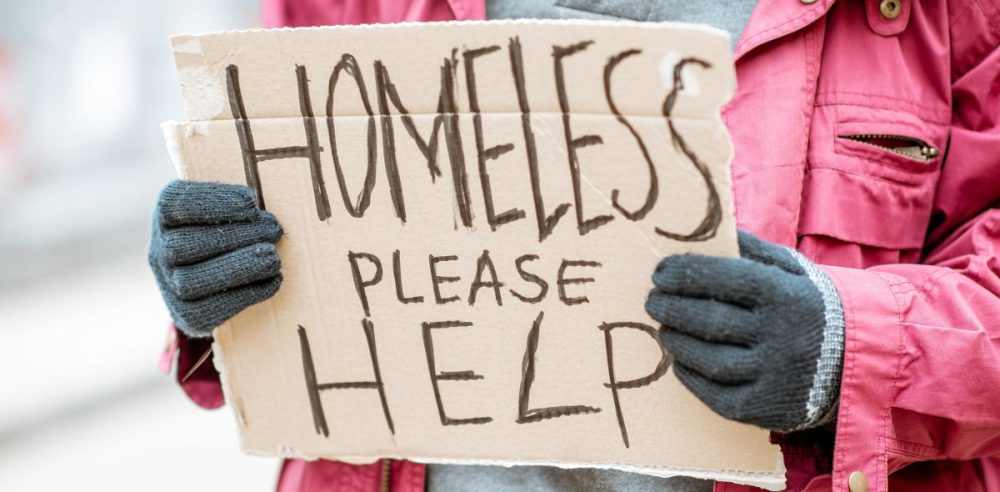Despite a reported drop in homelessness in Dallas, the unhoused population in surrounding cities has increased in recent years.
In October, The Dallas Express reported that a city program known as Street-to-Home, which began in July, helped more than 100 people facing homelessness in Dallas. The initiative was the first phase of the program focused on three homeless encampments in the city. The City of Dallas says the program’s progress has helped reduce homelessness by 19%.
While Dallas has reported an improvement, some surrounding cities, like DeSoto and Denton, have seen the opposite. Dallas’ success is even blamed as the cause of the increase in homelessness, speculating the city’s encampment removals have pushed people out to other areas.
“One of the things I think will affect us is we are going to see an uptick because as people figure out they can’t camp out in Dallas, they are going to seek refuge in the suburbs,” said DeSoto Police Lt. Melissa Franks at a city council meeting, per Focus Daily News.
The homeless population in Denton has doubled since 2019. The city has not witnessed an improvement since implementing a dedicated homelessness task force ten years ago. Denton City Manager Sara Hensley said the reason is that homeless people from other areas are moving into Denton.
“If you build it, they will come. … The city took it upon themselves to build a facility to serve people because they noticed there was a problem with people experiencing homelessness. The city decided to invest the $13 [million] or $14 million to build a facility, and when that happens, people will come. It’s no different than any other city that has those kinds of resources,” Hensley said at a Denton City Council meeting covering the subject, per Dallas Observer.
Despite the successful reduction in Dallas, some, like Mark Nunneley, a senior managing director at the Dallas-based Ashford Hospitality Trust, say more still needs to be done, with encampments reappearing after being cleared.
“The city of Dallas has clearly not solved this problem,” Nunneley said.


